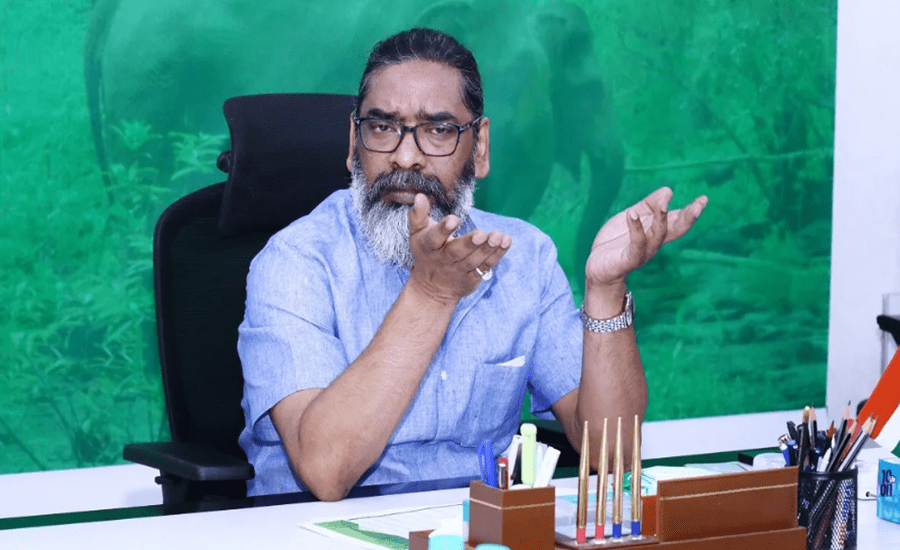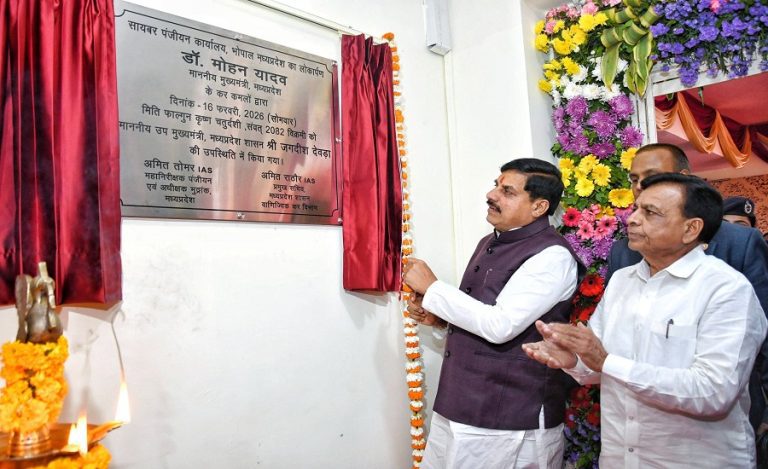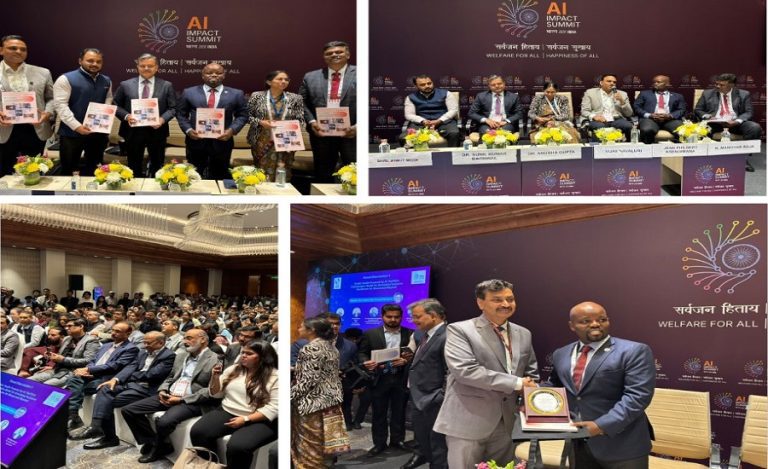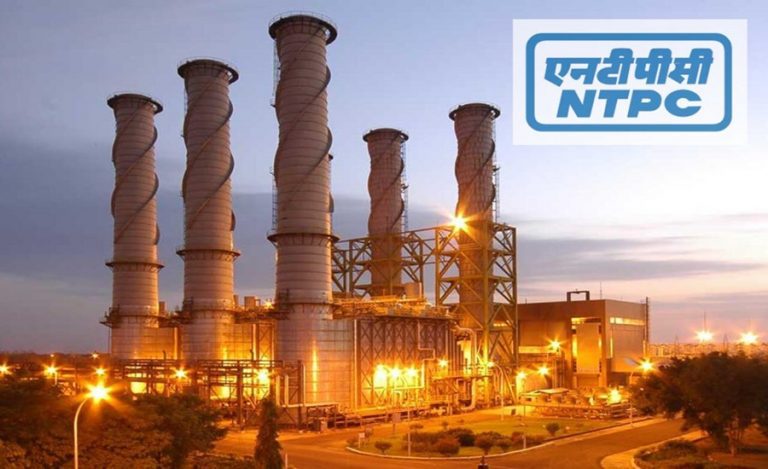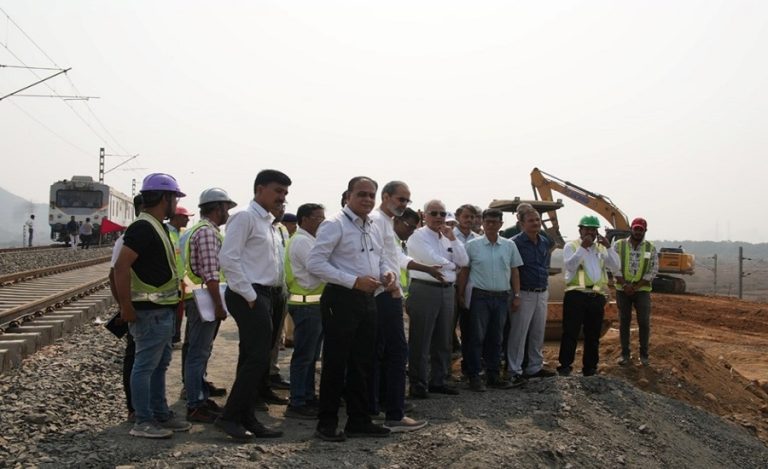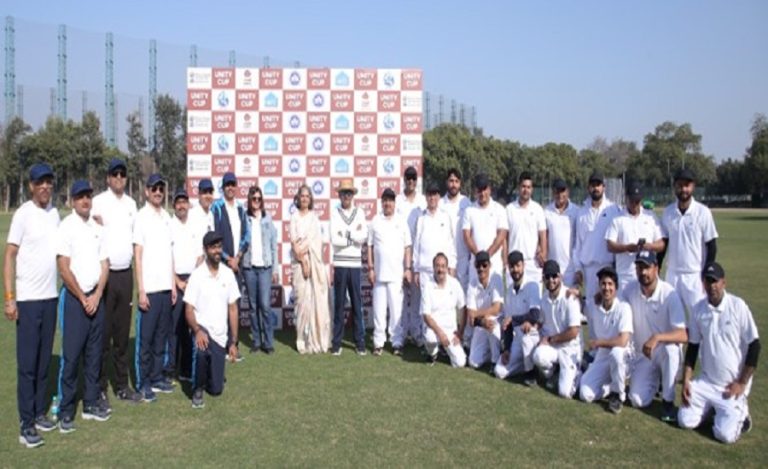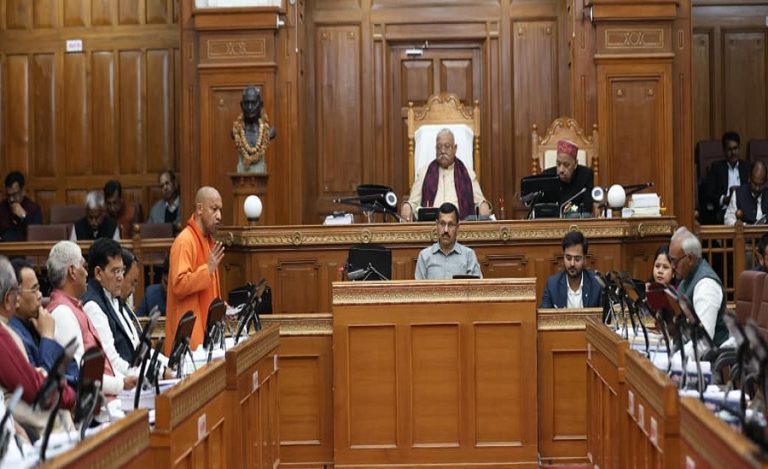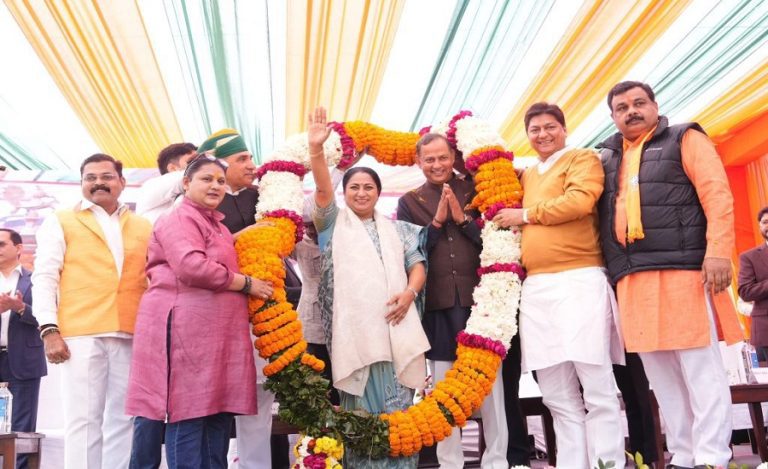Jharkhand took a decisive step toward inclusive and sustainable development with the successful hosting of Jharkhand Charcha 2025 on September 23, 2025, in Ranchi. The high-level dialogue convened over 250 key stakeholders from government, civil society, markets, and academia to co-create actionable pathways for livelihood enhancement, gender equity, and climate resilience for the state’s 33 million residents, including a significant tribal population.
Focus on Systemic Change Over Fragmented Interventions
Setting the tone for the deliberations, Ms. Dipika Pandey Singh, Hon’ble Minister for Rural Development, Rural Works & Panchayati Raj, stressed that Jharkhand’s progress must be systemic, not piecemeal. She emphasized the importance of partnerships that go beyond funding to include shared knowledge, lived experiences, and grassroots leadership. The Jharkhand State Livelihood Promotion Society (JSLPS) was lauded as a key driver in empowering rural women or ‘Didis’—who are not just beneficiaries but change agents in their communities.
Institutional Support for Inclusive Models
Former Rural Development Secretary Mr. Nagendra Nath Sinha, IAS (Retd.), advocated for ‘cash plus care’ livelihood models, highlighting the importance of grants, skilling, and continuous support. He praised innovations like UDAAN, Dakiya Yojana, and UPAJ by JSLPS, which target Particularly Vulnerable Tribal Groups (PVTGs) and underserved populations.
Echoing this, Mr. Charanjit Singh, IFS (Retd.), focused on contextual, market-ready livelihood designs and called for stronger market linkages through branding and promotion of local enterprises.
Diversification and Women-Centric Development
A major theme was the need to diversify livelihoods beyond traditional agriculture. Discussions promoted an integrated rural economy combining agriculture, livestock, non-farm enterprises, and service-based livelihoods. Stakeholders stressed the pivotal role of women in livestock and collective enterprises, calling for greater investments in platforms like Farmer Producer Organizations (FPOs) and Pashu Sakhis.
Dr. Nitin Kulkarni, IAS, Additional Chief Secretary to the Hon’ble Governor of Jharkhand, emphasized that schemes like Mukhyamantri Mayya Samman Yojana (JMMSY), now reaching over 50 lakh women, must evolve from welfare-based assistance to empowerment-driven models through entrepreneurship and skill development.
Technology for Empowerment, Not Just Efficiency
Mr. Manish Ranjan, IAS, Director of SKIPA, Government of Jharkhand, highlighted the need for technology that is inclusive—open source, offline-friendly, and local-language enabled—to support tribal communities and those with low digital literacy in managing natural resources effectively.
NITI Aayog Supports Policy Roadmap for Equity
The event concluded with a comprehensive policy note by Mr. Rajeev Singh Thakur, IAS, Advisor at NITI Aayog, outlining a roadmap to embed equity and climate resilience into Jharkhand’s development priorities. NITI Aayog reaffirmed its support in helping Jharkhand uplift the poorest and most excluded households.
Mr. Harinarayan Sharma, CEO, Manipal Foundation, linked women’s health to household prosperity and committed the Foundation’s support toward creating integrated platforms for gender equity, health, and economic inclusion in Jharkhand.
Mr. John Paul, Senior Director, Livelihoods at The/Nudge Institute, wrapped up the session by stressing that vulnerability, gender, and climate are deeply interlinked, and policies must be designed to reflect this intersectionality to avoid deepening exclusions.
Jharkhand as a Model for Viksit Bharat@2047
As India advances towards its Viksit Bharat@2047 goals, Jharkhand Charcha 2025 reinforced that inclusive growth is not just about economic expansion—it is about reimagining development: anchored in equity, designed through collaboration, and powered by community leadership.

